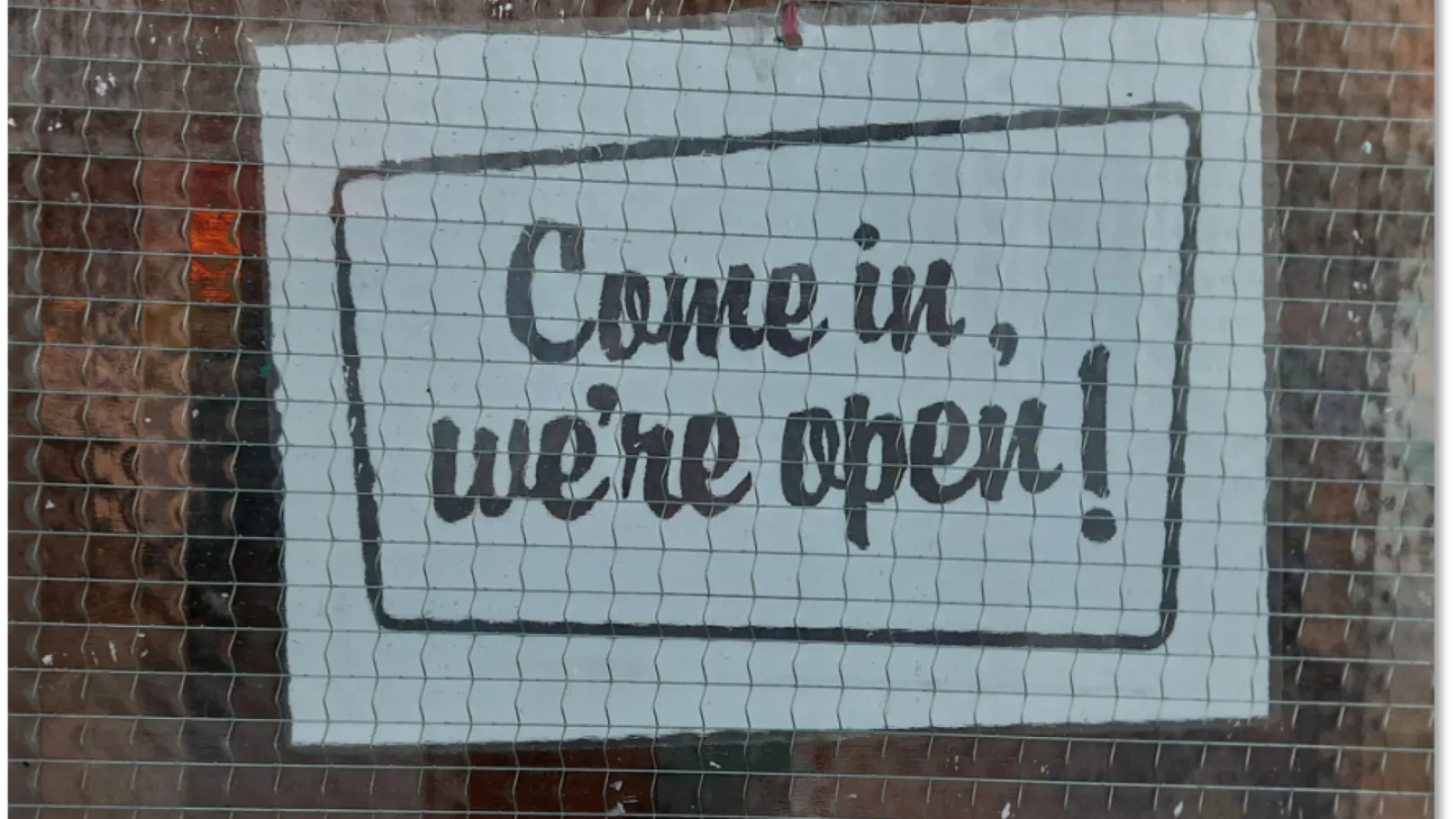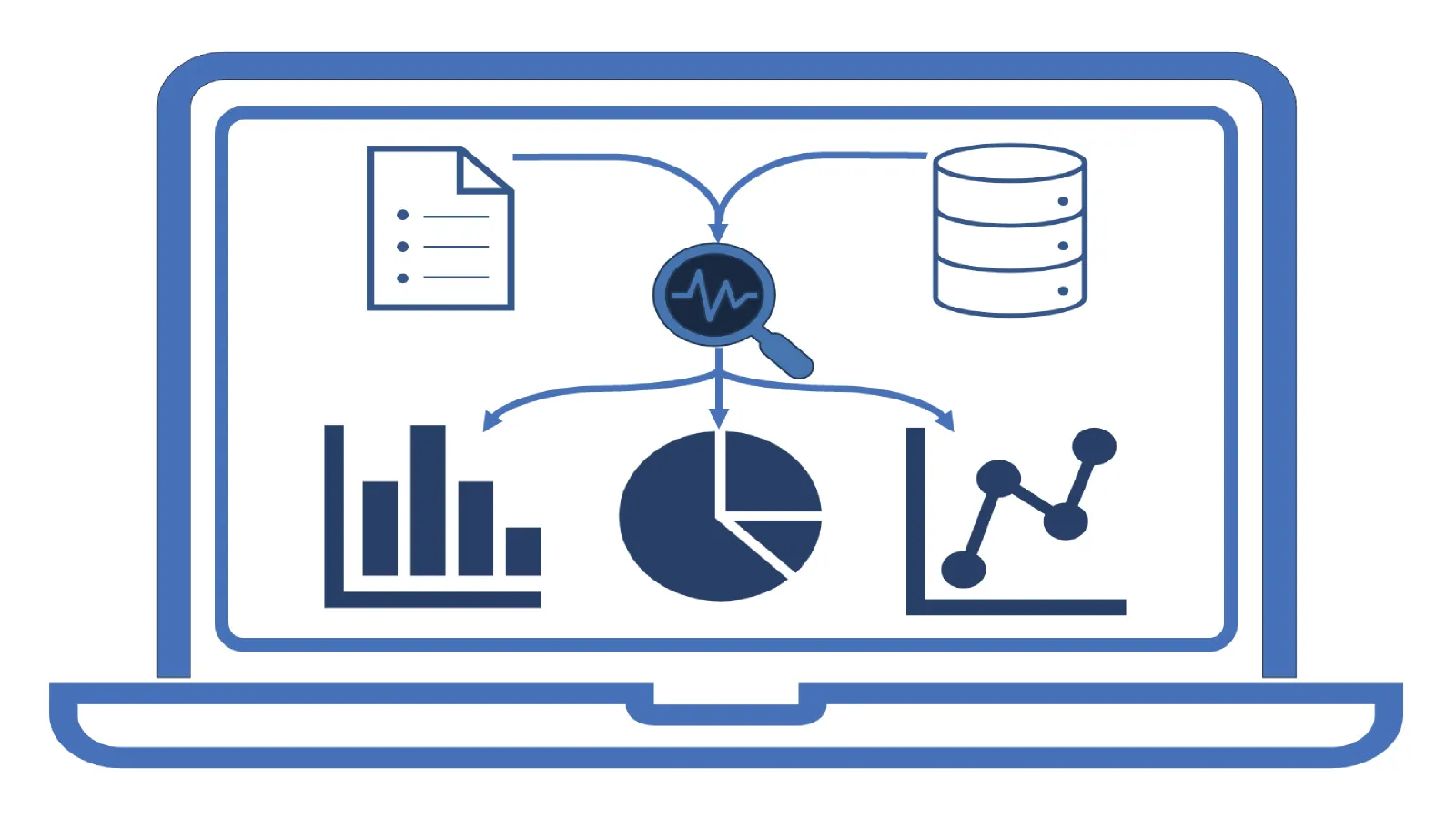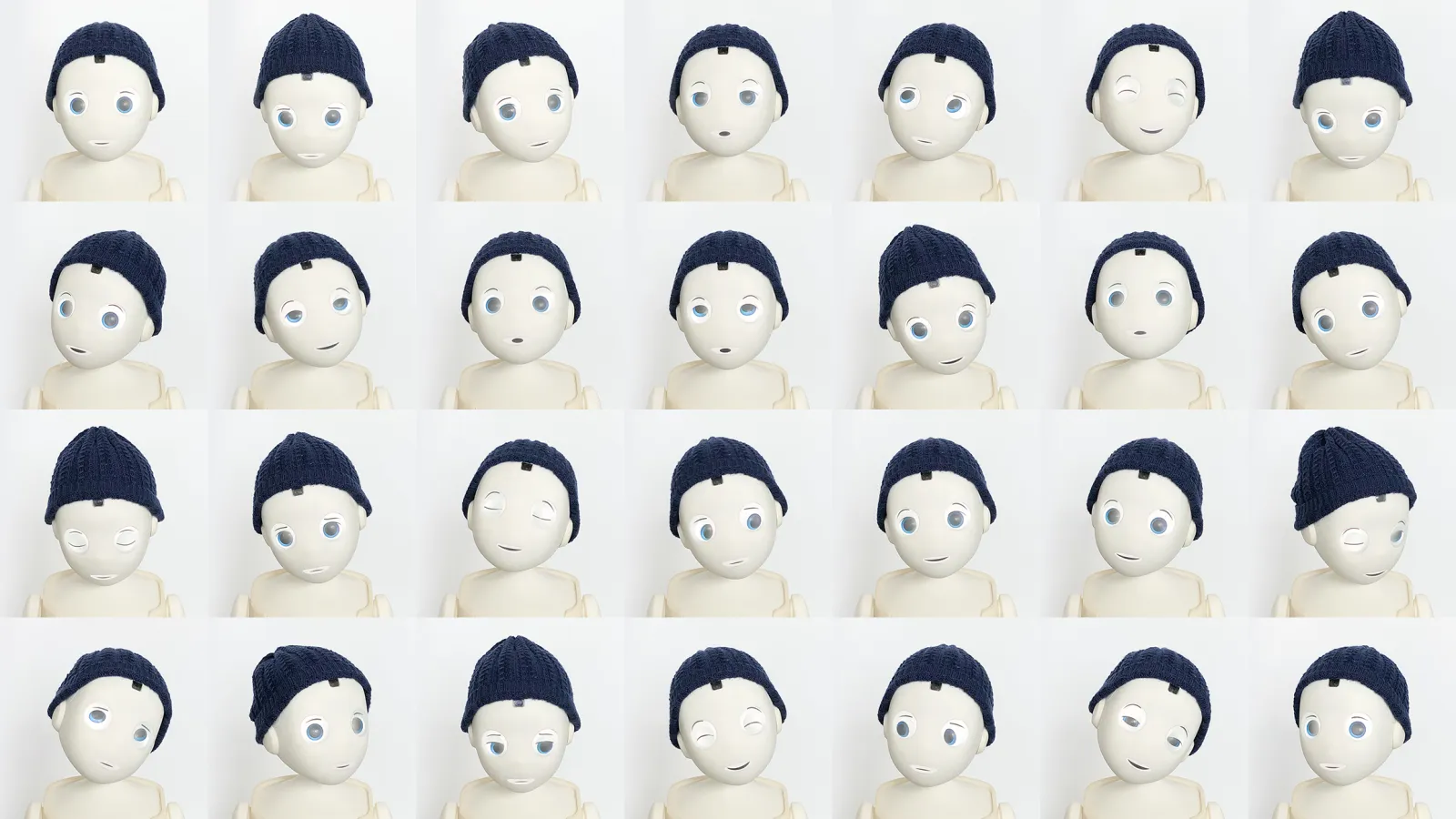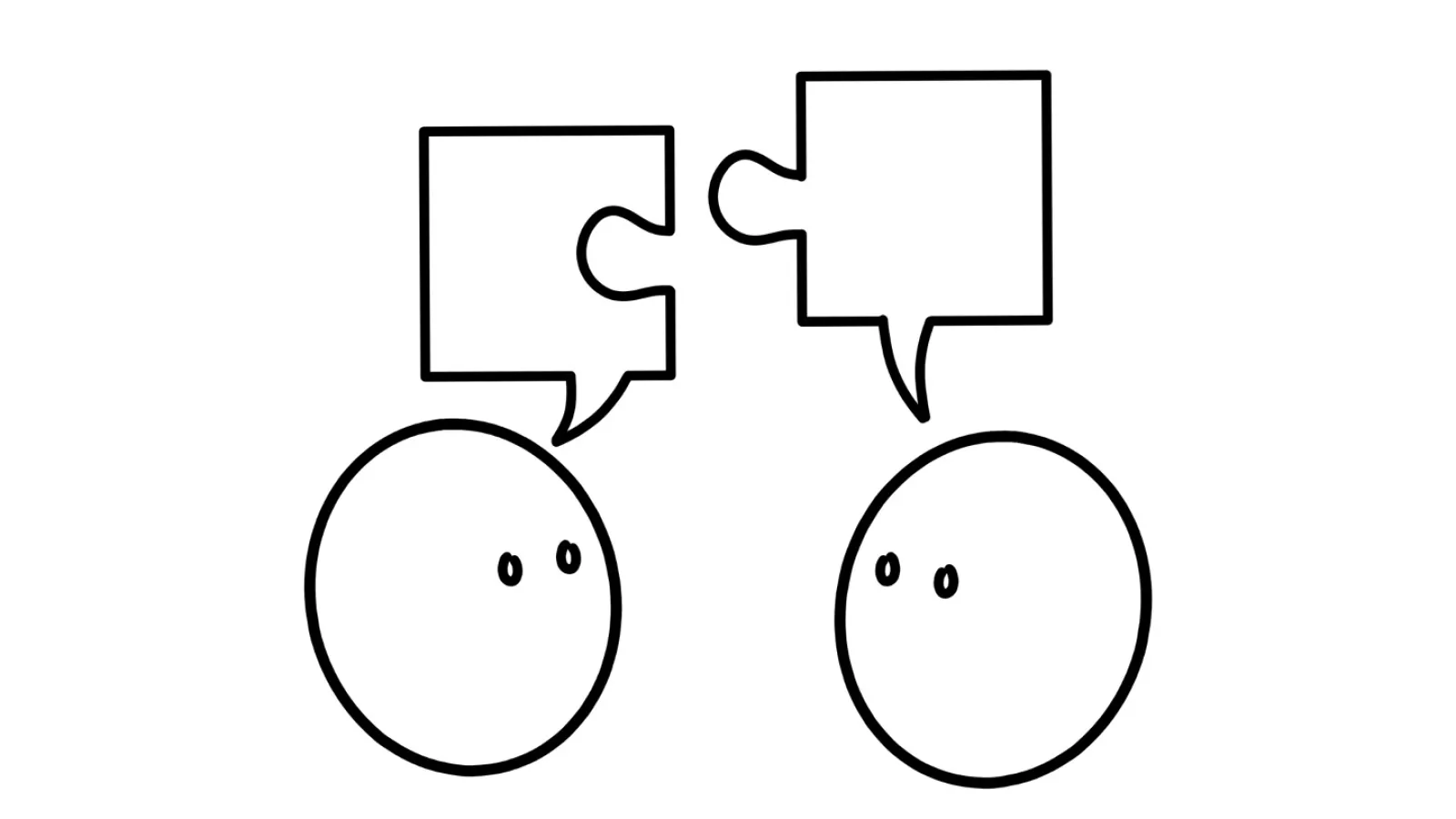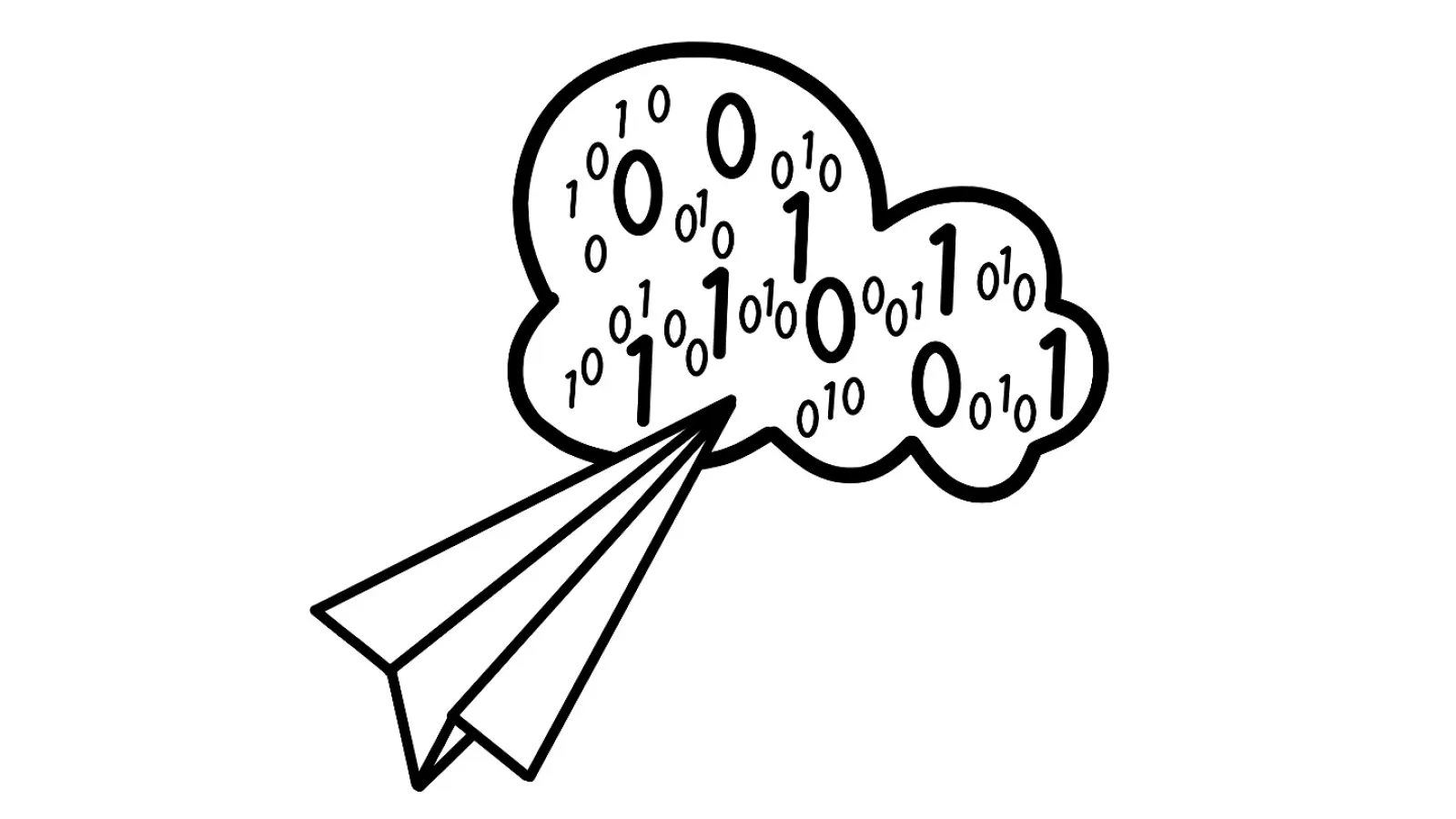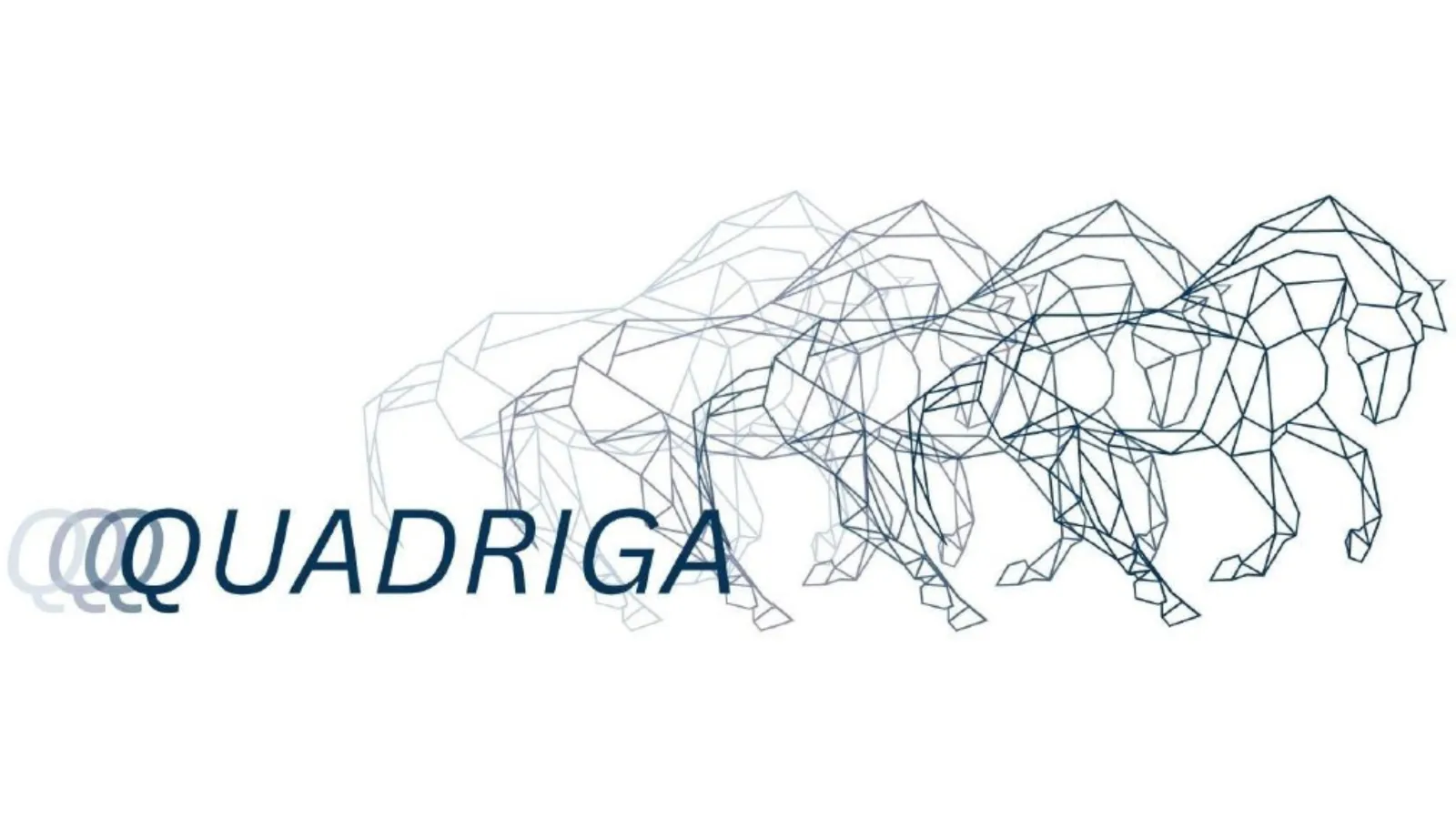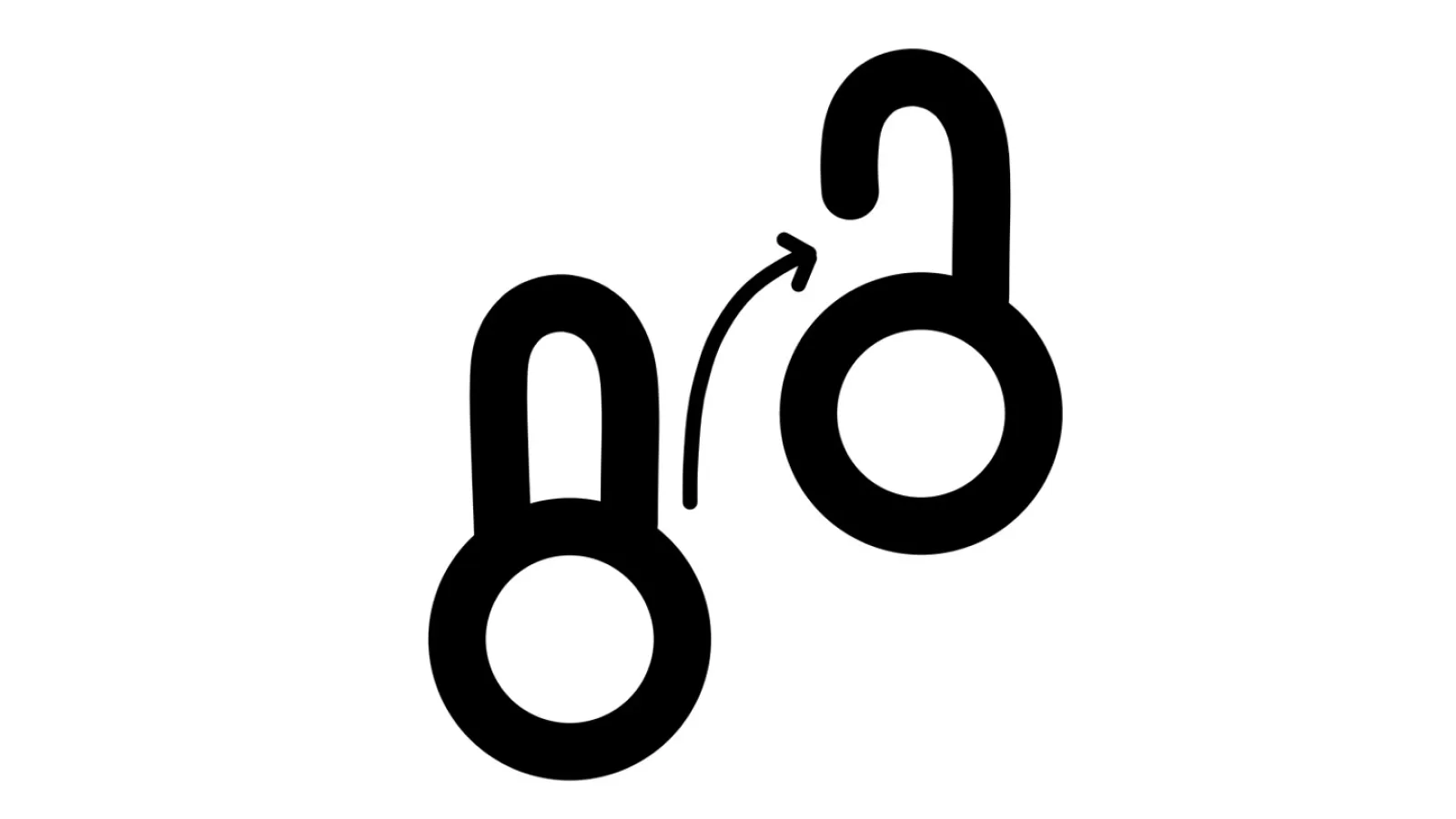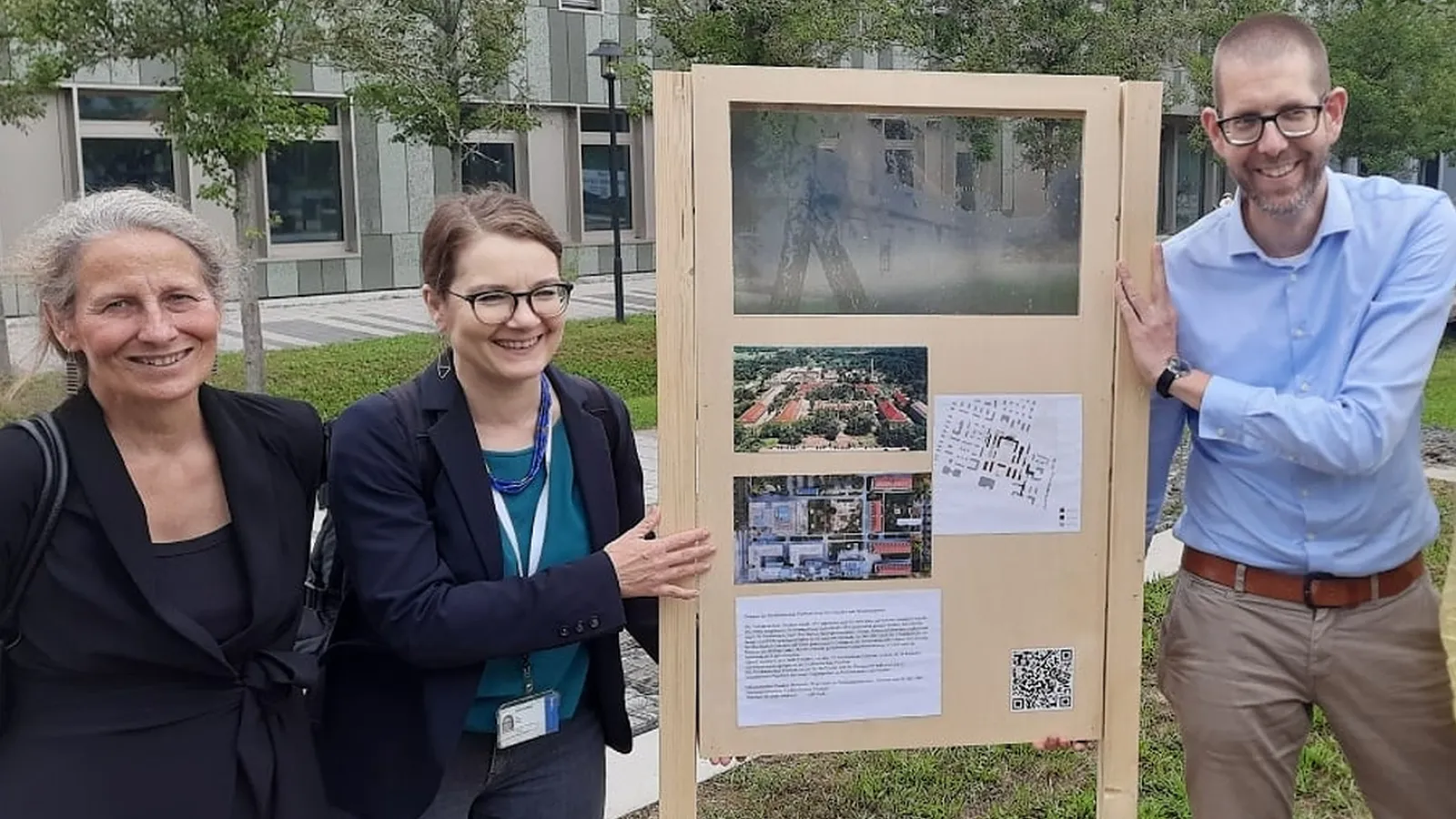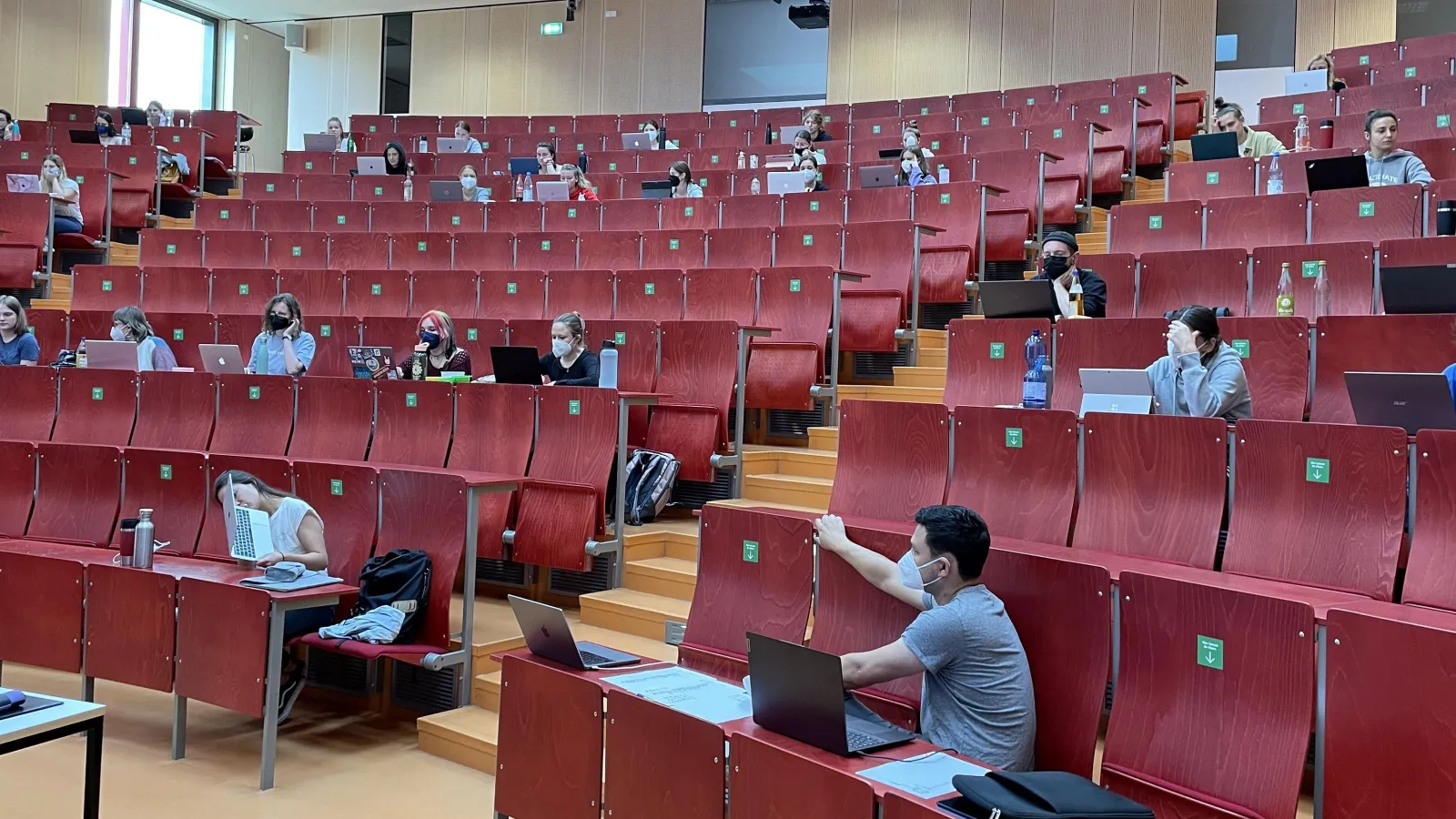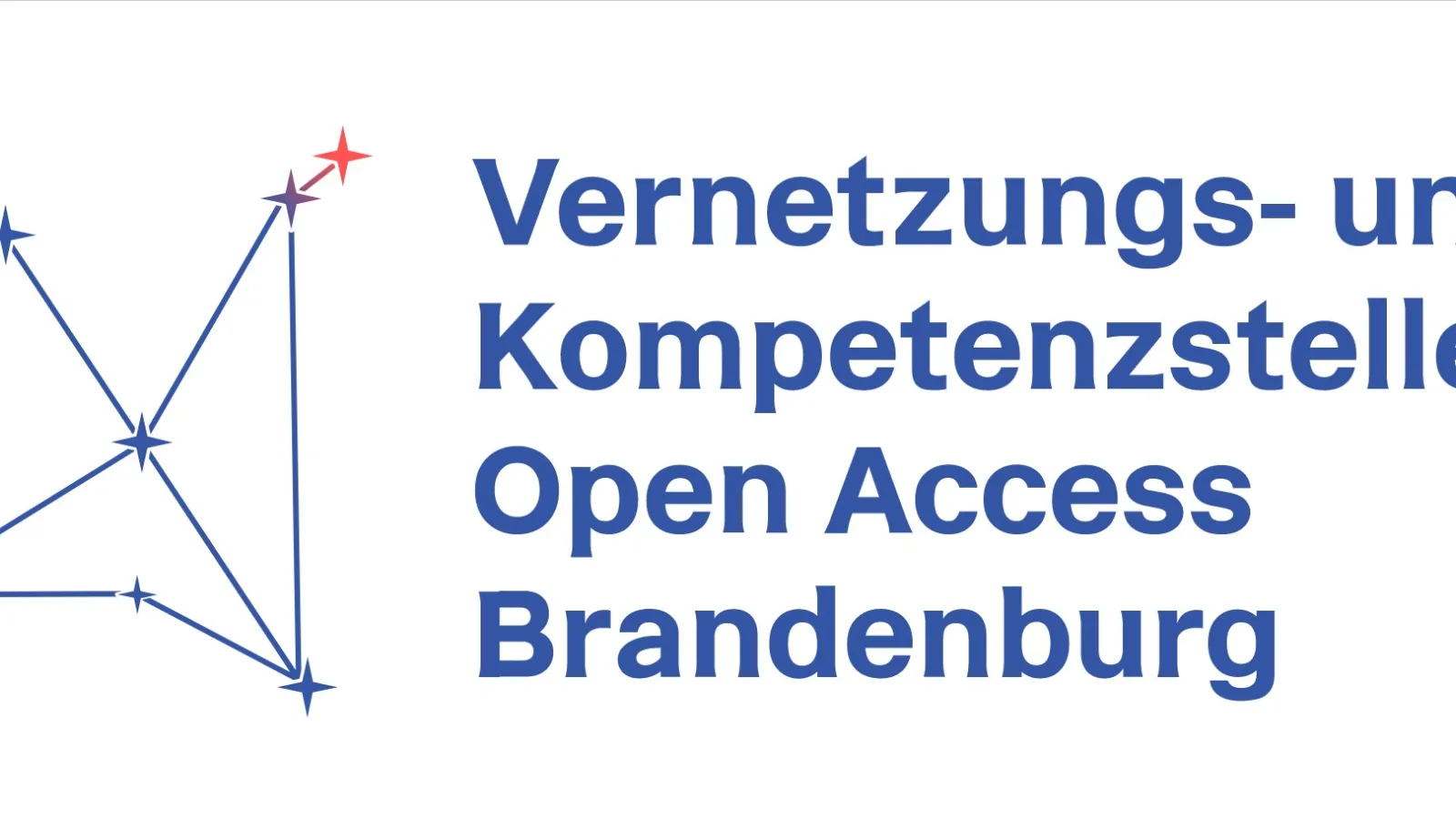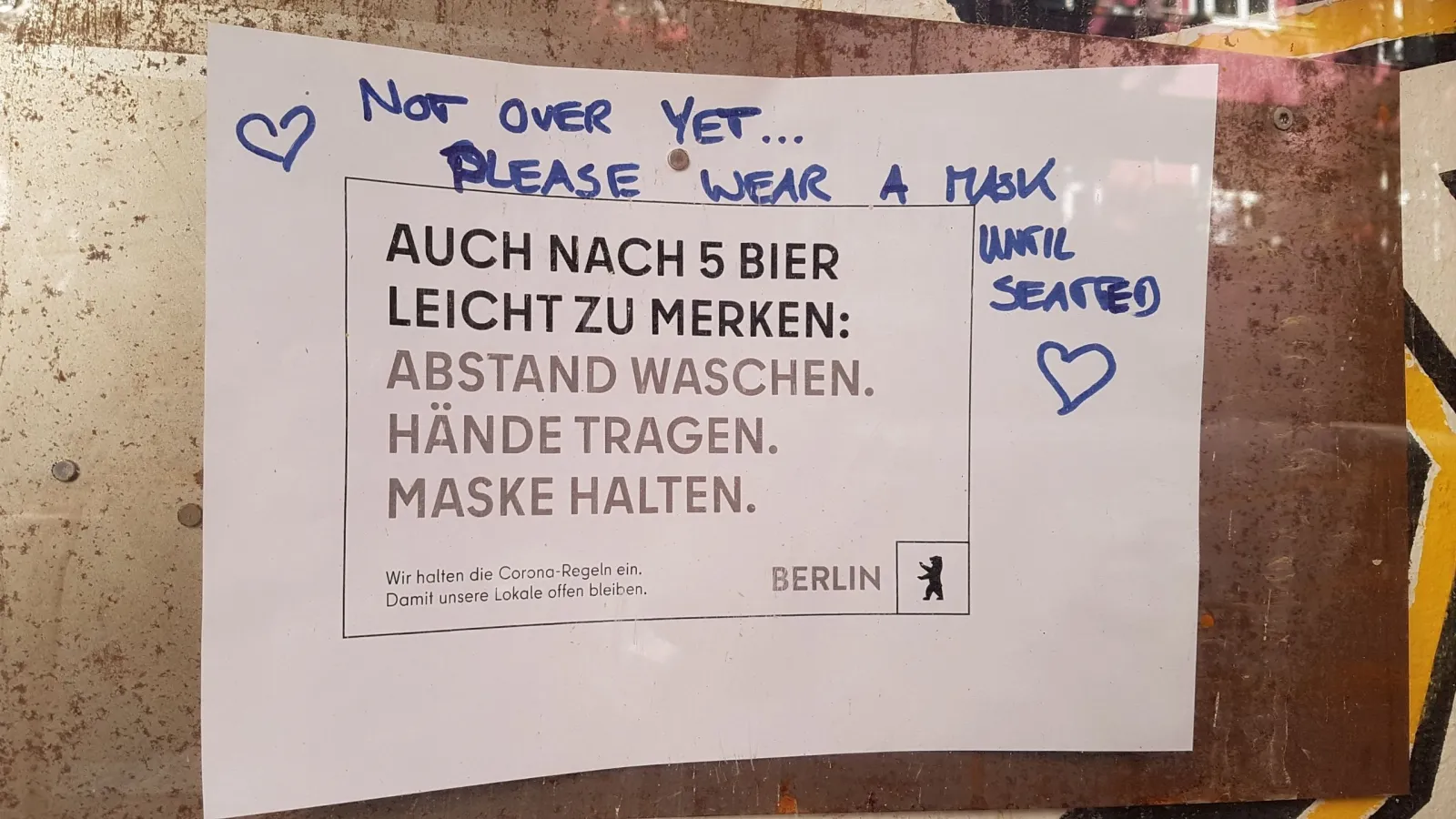Projekte des Fachbereichs Informationswissenschaften
SeDOA: Diamond Open Access Service Centre
SeDOA establishes a single point of contact for Diamond Open Access, makes existing publication infrastructures more visible and contributes to their optimisation.
TDR4HAW: Transdisciplinary Research at Universities of Applied Sciences – Status Quo and Potential of a Sleeping Giant
The project consortium analyses research at universities of applied sciences (UAS) with a special focus on transdisciplinary research projects.
Flex Data Competence (DigiFlex)
The FLEX Data Competence (DigiFLEX) project will create e-learning programmes for teaching data skills by 2026, which are aimed at students from all departments and are specially tailored to the needs of the University of Applied Sciences Potsdam.
Human-Robot Interaction in Social Robotics
The aim of the project, which is subsidised by the European Regional Development Fund, is to set up an interdisciplinary test and experimental environment for social robots.
VEStOR: Networking, Expansion, Strengthening of the OER Community OpenRewi
VEStOR expands and strengthens OpenRewi e. V., so far the only community for open legal education materials in law, which aims to promote the breakthrough of open teaching and learning materials in legal studies.
WiNoDa: Knowledge Laboratory for Scientific Collections and Object-Centred Data
The WiNoDa project is establishing a data competence centre for data-driven research on natural science collections.
QUADRIGA: Berlin-Brandenburg Data Competence Centre for Digital Humanities, Administrative Science, Computer Science and Information Science
The QUADRIGA data competence centre combines the four disciplines of digital humanities, administrative science, computer science and information science along the data types of text, table and moving image at the Berlin-Brandenburg research location.
Cultural Change in Jurisprudence (KidRewi)
Reflection on legal publishing practice and support for cultural change using the example of legal, independent publications
Me — We — Potsdam-Bornstedt: Biography of a District
In the spirit of the question formulated in the seminar title about the "biography of a district", Potsdam-Bornstedt was to be researched by means of an interdisciplinary and intergenerational approach in order to work out the urban and socio-spatial development of the district and ultimately make it presentable.
Digital Teaching: PeP – Electronic Examination Project
In the interdisciplinary project "PeP – Projekt elektronische Prüfung", digital examination formats are to be developed, used and evaluated for 12 digitised lectures in four departments at the University of Applied Sciences Potsdam.
Open Access Brandenburg
The Networking and Competence Centre supports Brandenburg's higher education institutions and universities in the Open Access transformation in line with the Open Access Strategy of the State of Brandenburg.
Virtual Exhibition "Bitte Abstand halten!"
"Please keep your distance! – Photographs of students' everyday life during the coronavirus pandemic"
Pagination
- First page
- Previous page
- Current page 1
- Page 2
- Page 3
- Next page
- Last page
